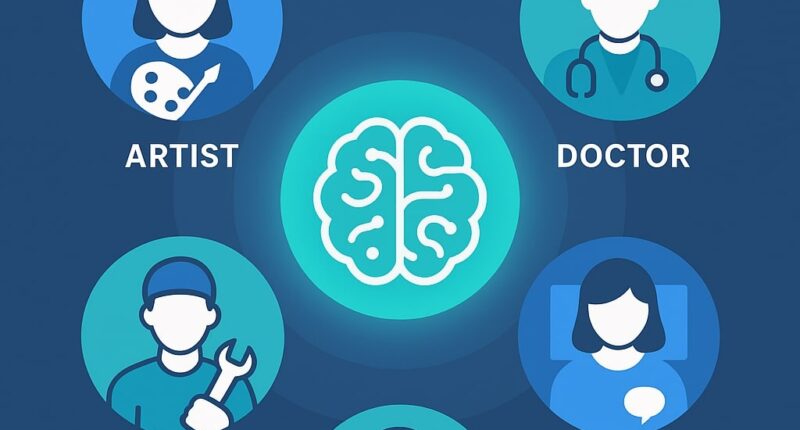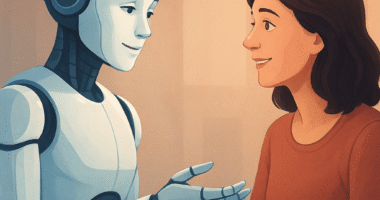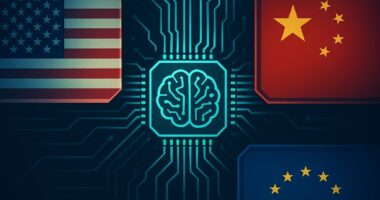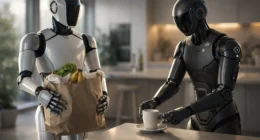As artificial intelligence continues to transform industries, many workers are asking a vital question — will AI take my job? While automation and machine learning have replaced certain repetitive tasks, not all jobs are at risk. In fact, some professions rely heavily on creativity, human empathy, and strategic thinking — qualities that AI still can’t replicate.
This article explores five careers that are least likely to be replaced by AI, and why they will remain valuable in the future of work.
1. Creative Professionals (Writers, Artists, Designers)
AI can generate text, art, or music, but it lacks the emotional intelligence and originality that drive true creativity. Human artists and designers infuse meaning, cultural context, and emotion into their work — things machines cannot authentically produce.
Creative fields such as graphic design, content creation, filmmaking, and branding require innovation, storytelling, and aesthetic judgment — uniquely human traits. While AI can assist in brainstorming ideas or refining drafts, the final creative direction still depends on human intuition.
2. Healthcare Workers (Doctors, Nurses, Therapists)
Empathy, compassion, and human connection are at the core of healthcare. AI can analyze data and suggest diagnoses, but it cannot comfort a patient, build trust, or make ethical decisions in complex cases.
Professions such as nursing, mental health counseling, and physical therapy rely on emotional understanding, active listening, and adaptability. These interpersonal skills make healthcare one of the safest and most essential industries in the age of automation.
3. Educators and Trainers
Education is more than delivering facts — it’s about inspiring curiosity and personal growth. While AI can provide personalized learning programs or automated grading, teachers play a vital role in mentoring students, understanding emotional cues, and nurturing creativity.
The future of education will likely combine AI-powered tools with human teachers who guide critical thinking, empathy, and collaboration — skills that machines can’t teach.
4. Skilled Trades (Electricians, Plumbers, Carpenters)
Manual labor that requires dexterity, on-the-spot problem-solving, and adaptability is difficult for AI or robots to fully automate. Every construction site or repair scenario presents unique challenges that demand human judgment and physical flexibility.
Skilled tradespeople also depend on customer interaction and craftsmanship, ensuring that their expertise remains highly valuable and resistant to AI disruption.
5. Psychologists and Social Workers
AI lacks genuine empathy — it can simulate empathy through language but cannot feel or understand human emotions. Professions that involve emotional intelligence, social care, and moral reasoning are deeply human.
Psychologists, therapists, and social workers build trust through authentic relationships, offering insights that go far beyond algorithms. These roles will only grow in importance as technology becomes more integrated into daily life.
Conclusion: Humans and AI — A Powerful Partnership
The future of work is not about humans versus machines — it’s about collaboration. AI will take over repetitive or data-heavy tasks, freeing people to focus on what makes them uniquely human: creativity, empathy, and critical thinking.
As technology advances, the most successful professionals will be those who embrace AI as a tool while developing emotional intelligence, adaptability, and leadership — the qualities no machine can replace.









